Governor Hope Uzodinma of Imo State, who chairs the Progressives Governors Forum (PGF), expressed strong optimism about the All Progressives Congress (APC)’s growing influence, predicting a continued wave of defections from opposition parties as the 2027 general elections approach. Speaking to journalists in Abuja on Saturday, April 26, 2025, following a strategic meeting with political stakeholders from Delta State, Uzodinma highlighted the recent defection of Delta State Governor Sheriff Oborevwori, his deputy Monday Onyeme, former Governor Ifeanyi Okowa, and other PDP stalwarts to the APC as a significant milestone.
“You can see the tide is moving, and people are joining, and there will be no end to it. You must have heard that our party in Delta is growing from strength to strength. The high point of the state of the party is that Delta is now almost a one-party state,” Uzodinma declared, emphasizing the collapse of the Peoples Democratic Party (PDP)’s 26-year dominance in Delta. He attributed the APC’s rising appeal to widespread admiration for President Bola Tinubu’s leadership and policy direction, stating, “This is a big testimony to the fact that the APC government in Nigeria is being admired by many, if not all and sundry.”
Uzodinma underscored the APC’s commitment to integrating new members seamlessly, noting that the party would leverage its internal mechanisms to manage the influx. “We have to meet to be able to manage this very huge success, to ensure that, using the internal mechanism of our great party, we will receive our new members, our new leaders,” he said. He added that the party aims to foster unity and support the Delta State government to deliver benefits to its people, describing the APC as a “family” working for collective progress.
The Delta defections, formalized on April 23, 2025, after a closed-door meeting in Asaba, included the state’s entire PDP structure—state assembly members, local government chairmen, and commissioners—marking a historic shift in the South-South region’s political landscape. Uzodinma, speaking at a PGF meeting, called the move a “major political milestone,” reflecting growing national confidence in Tinubu’s “Renewed Hope” agenda.
However, the PDP has downplayed the defections’ impact, with acting National Chairman Umar Damagum asserting the party’s resilience, while voices like former Deputy National Chairman Bode George dismissed concerns, arguing Delta’s electorate remains loyal to the PDP. Conversely, APC National Chairman Abdullahi Ganduje predicted more governors from opposition parties, including the New Nigeria Peoples Party (NNPP), would join the APC, claiming the 2027 elections are “a done deal.”
Posts on X, such as those from @GazetteNGR and @PeakNewspaper, reflect the APC’s celebratory mood, with Uzodinma’s remarks framed as evidence of the party’s unstoppable momentum. Critics, like PDP’s Timothy Osadolor, warn of a “hostile takeover” threatening Nigeria’s democracy, alleging the APC is using state power to coerce defections.
Uzodinma’s optimism aligns with his track record of facilitating defections in Imo, where eight PDP lawmakers, including the speaker, joined the APC in 2020 following his Supreme Court-declared governorship victory. As the 2027 elections loom, the APC’s aggressive expansion strategy, bolstered by high-profile defections, signals a potential reshaping of Nigeria’s political map, though it raises concerns about the health of multiparty democracy.

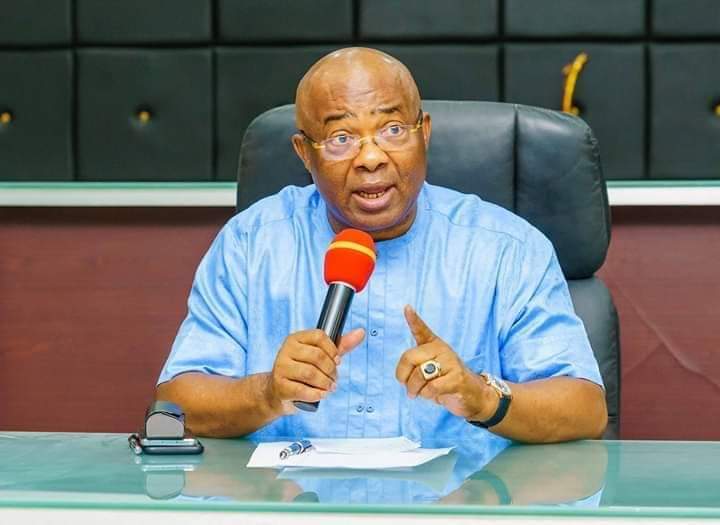
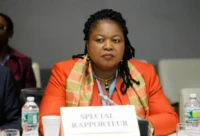
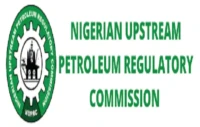
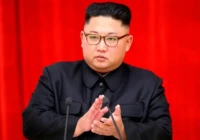
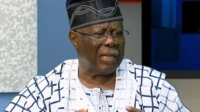
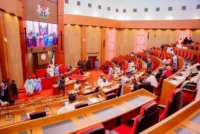

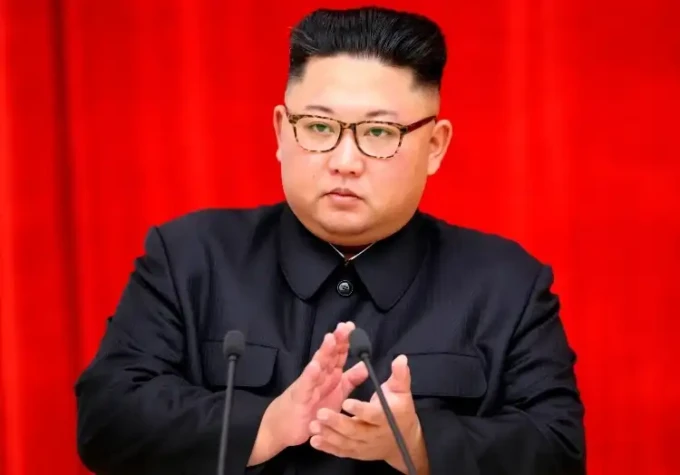
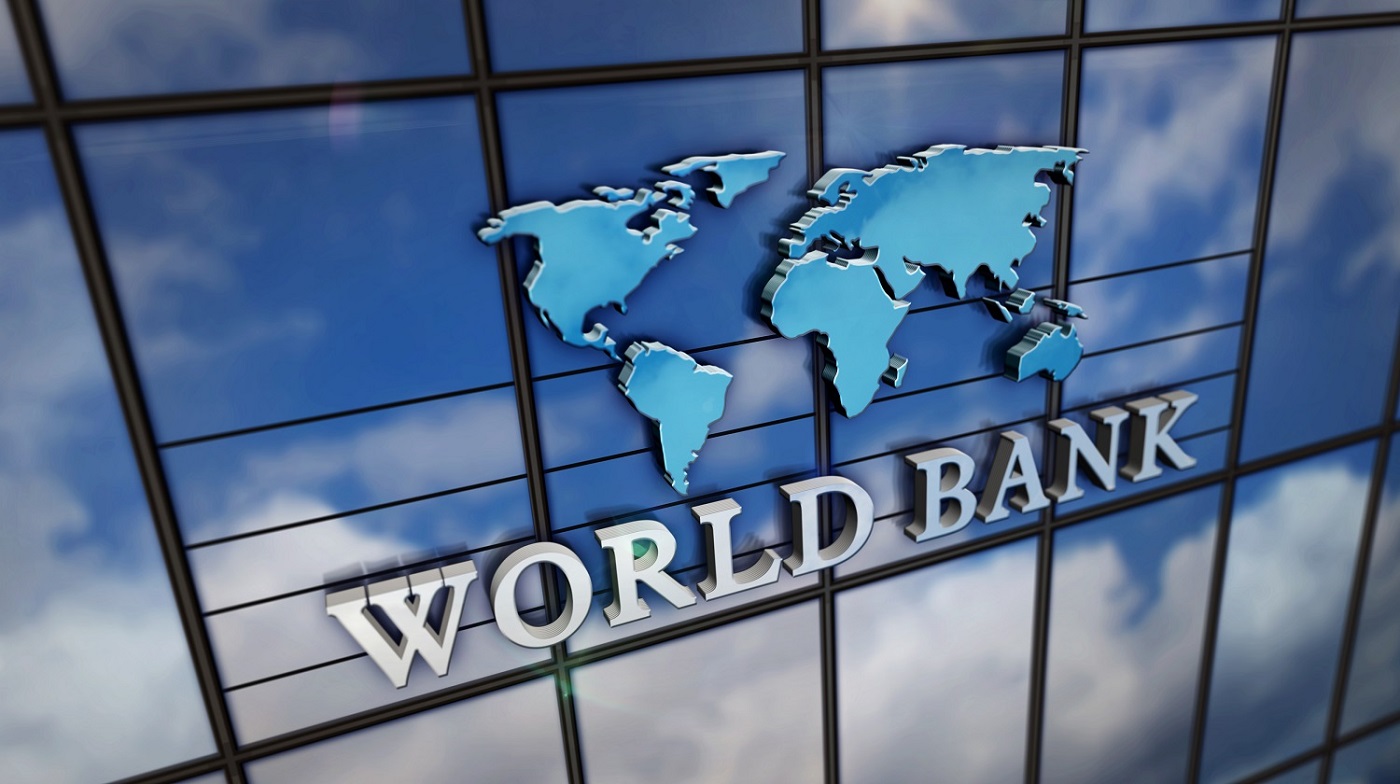
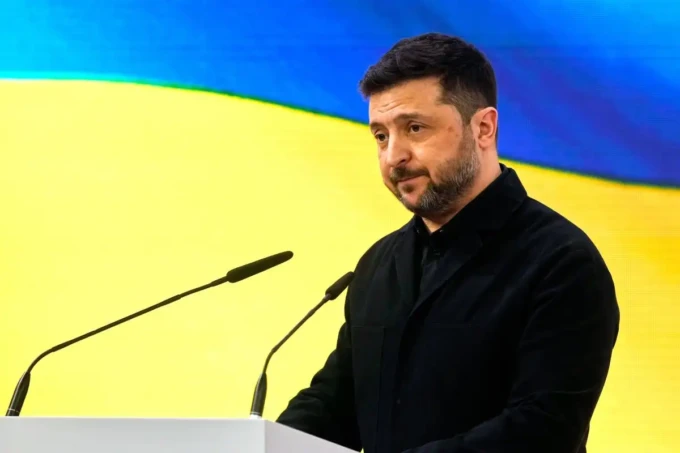

Im not convinced about Uzodinmas prediction of more defections to APC. Lets see how it plays out!
I dont buy it – defections are just a political game. What do you think will really shake up the 2027 elections?
I disagree with Uzodinmas prediction. Peoples political allegiances are constantly shifting. Lets not jump to conclusions for the 2027 elections just yet.
Im not convinced that more defections to APC automatically mean theyll win in 2027. Politics is unpredictable, who knows what will happen!
I find it hard to believe that more opposition members will defect to APC. Lets wait and see!
I disagree with Uzodinmas prediction. Politics is unpredictable; anything can happen before the 2027 elections. Lets wait and see.
I find it intriguing how politicians switch parties so easily. Is it about principles or just power? What do you think?
I dont buy it! Politicians switching sides like its a game? What happened to sticking to your principles?